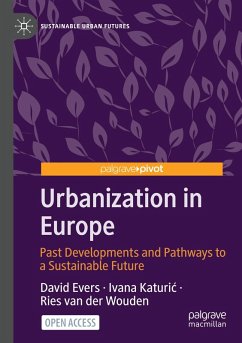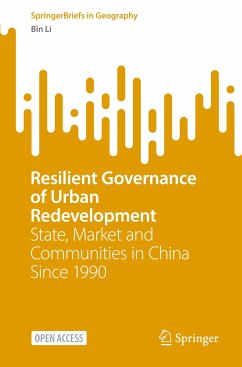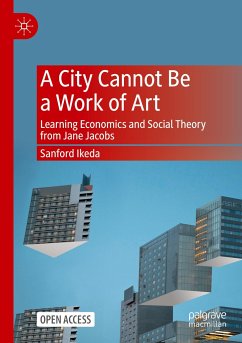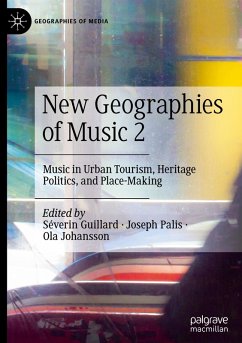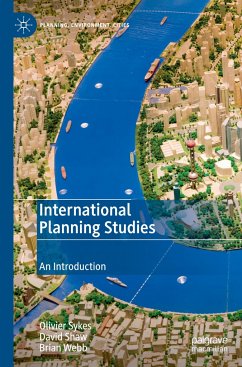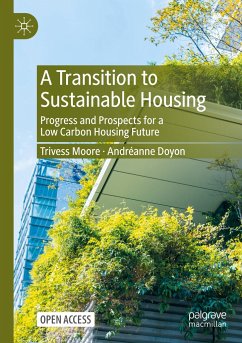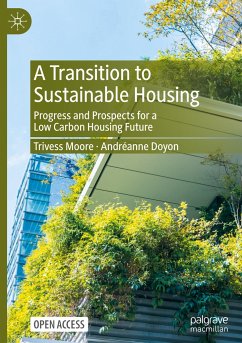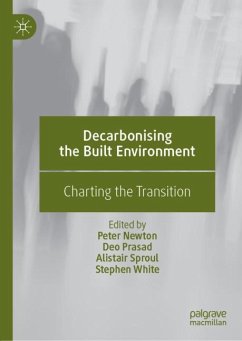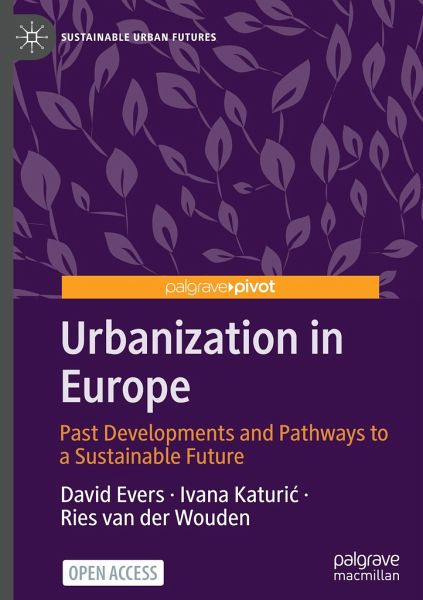
Urbanization in Europe
Past Developments and Pathways to a Sustainable Future

PAYBACK Punkte
19 °P sammeln!
This open access book comes at an opportune time, with 'land take' high on the EU policy agenda. It shows how over one million hectares in Europe became urbanized between 2000 and 2018, over eight times that which changed back to agriculture or nature. This book seeks to explain this development and offer suggestions on how to control it, drawing on the ESPON Sustainable Urbanization and land-use Practices in European Regions (SUPER) project. It presents up-to-date analyses on urbanization rates (land take) as well as densities and morphology (sprawl). It also discusses the impact of spatial p...
This open access book comes at an opportune time, with 'land take' high on the EU policy agenda. It shows how over one million hectares in Europe became urbanized between 2000 and 2018, over eight times that which changed back to agriculture or nature. This book seeks to explain this development and offer suggestions on how to control it, drawing on the ESPON Sustainable Urbanization and land-use Practices in European Regions (SUPER) project. It presents up-to-date analyses on urbanization rates (land take) as well as densities and morphology (sprawl). It also discusses the impact of spatial planning instruments and other public-sector interventions. Finally, the book peers into the future by drawing up urbanization scenarios - compact, polycentric, and diffuse - for 2050, and reflects on their sustainability. It concludes with the encouraging message that policy can make a positive difference.



